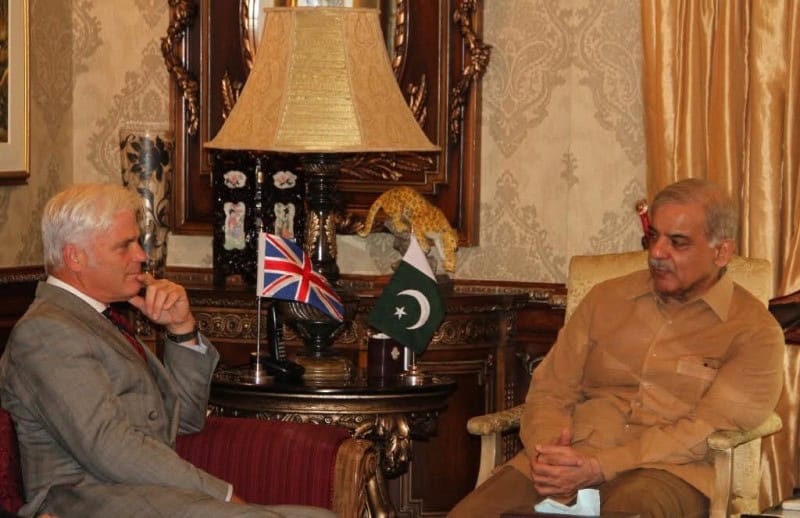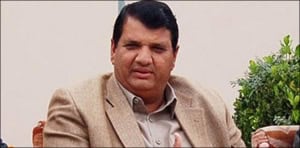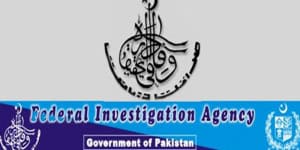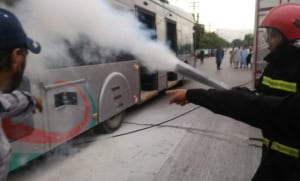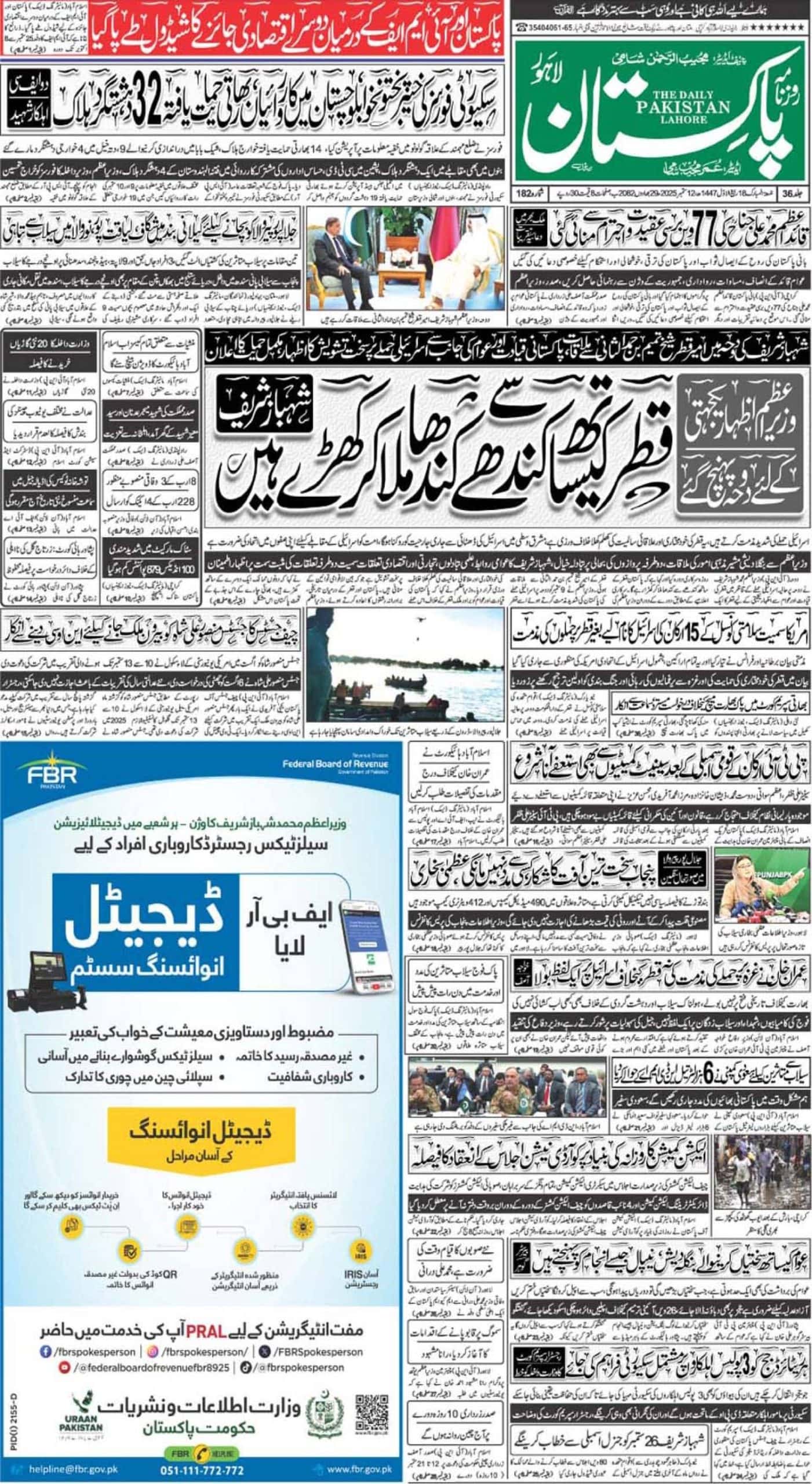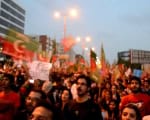LAHORE (Web Desk) – UK Minister of State for International Development has expressed its appreciation over Pakistan’s steps to achieve broaden tax net by abolishing some special tax exemptions, raising general sales tax and publishing tax directories to name and shame wealthy people who are paying little or no tax.
During an intensive three-day programme on his first visit to Pakistan, the Minister of State for International Development met with Finance Minister Ishaq Dar, Punjab Chief Minister Shahbaz Sharif, senior officials and leading figures from the business community and civil society.
Discussions focused on the prospects for faster economic growth, increasing the tax base and tackling poverty, and how the UK can best support the Pakistan Government’s ambitious commitments.
He said, “Tax reform is a top priority for UK development assistance. DFID is supporting a partnership between Her Majesty’s Revenue and Customs and the Federal Board of Revenue on some of these reforms. DFID stands ready to provide more technical experts and share lessons.”
The Minister of State spent time understanding the economic growth strategies of the federal and provincial governments.
The UK is looking to do more to support inclusive economic growth, for example by expanding access to financial services, supporting small and medium enterprises, and delivering more skills trainings in Punjab and other provinces.
Since the UK elections earlier this year, Ministers in the Department of International Development have placed a particular priority on improving educational and economic opportunities for girls and women.
Pakistan is now one of the UK’s top priorities for development investment.
As well as tackling the education emergency, DFID works to help prevent thousands of women dying in childbirth by funding skilled midwives, nurses, or doctors for one million childbirths; providing support to nutrition programmes, providing job skills training to tens of thousands of the poorest people; and supporting the National Income Support Programme giving women in deprived households small monthly cash grants to purchase essentials, such as food and medicine.
